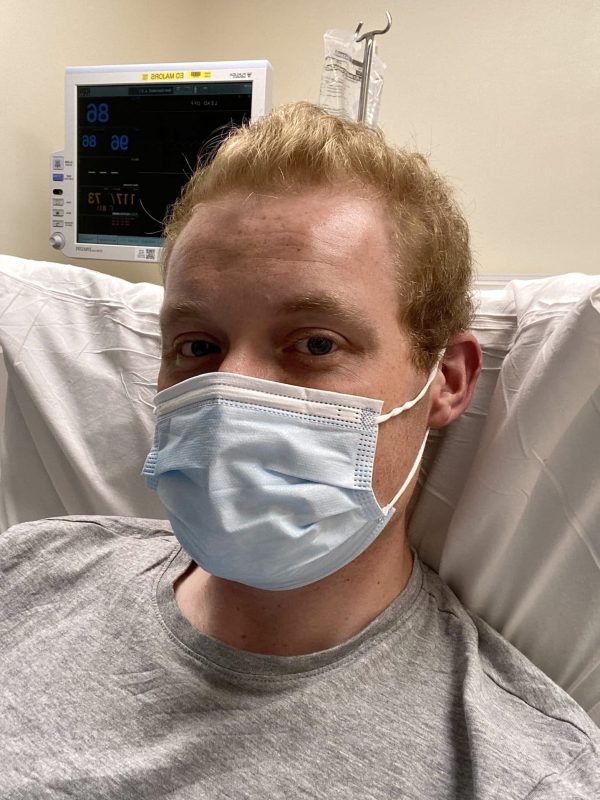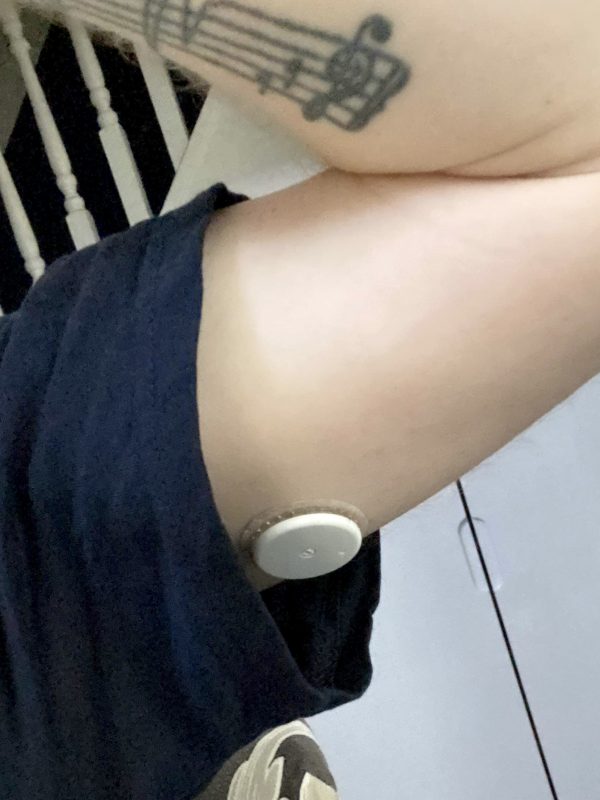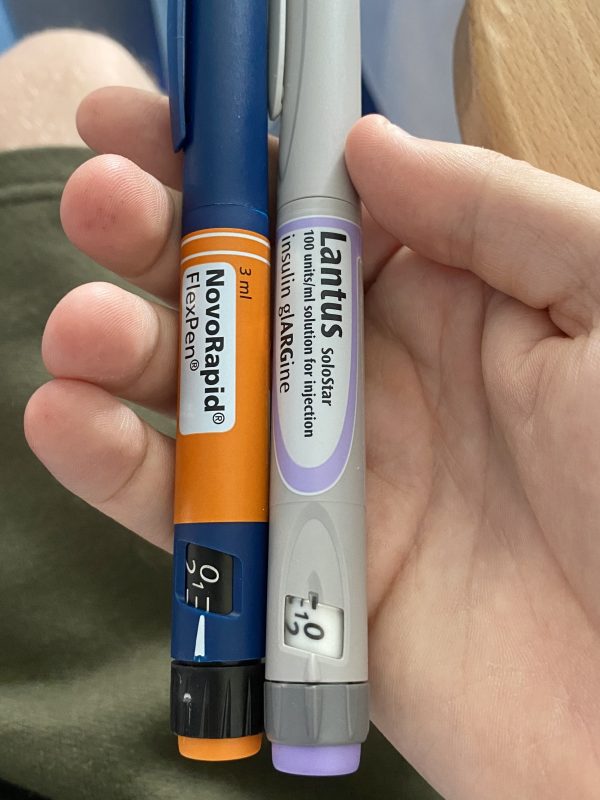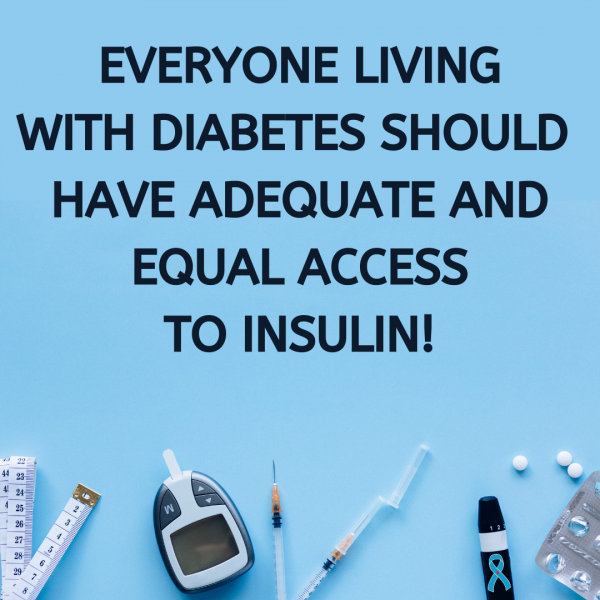
* This post has been written by our previous Social Media Manager. *
Living with diabetes is hard. Especially when you’re thrust into this whole new world of carb counting, routine insulin injections, and regularly checking your blood glucose levels when you’ve never had to worry about it before.
Having a diagnosis of type 1 diabetes is extremely daunting. Finding out your immune system has mistakenly attacked your cells to the point where your pancreas has permanently stopped producing enough insulin for quite some time, and not knowing a thing about it, can be difficult to stomach. I’ve cried day and night about it, lashed out at the people I love and care about most (for which I’m sorry!), and just generally felt lost. Even though it’s a hundred times easier to manage your diabetes now than it was 100 years ago, when it was literally a death sentence, it can still be emotionally, mentally, and physically taxing to hear those two words: “You’re diabetic.”

I’ll hold my hands up. Prior to my diagnosis, I had virtually no idea about diabetes. It never ever crossed my mind that it could happen to me. Nor did my family or my friends. I didn’t know anything about the symptoms until I discussed it with my doctor, who informed me that those were the very tell-tale signs of being diabetic. It just shows how unpredictable and suddenly your perspective on life can change in an instant, and why looking after and maintaining your health is so important.
You hear all these stories about type 1 diabetes being caused by your diet or a lack of exercise. But this couldn’t be far from the truth. Type 1 diabetes is an autoimmune disease, meaning there is absolutely nothing you can do to prevent it. You could be the fittest and healthiest person on the planet, and you could still develop it.


Being type 1 means I’ll be treated with insulin for the rest of my life. Fortunately, everyone with T1D is prescribed diabetic medicine for free on the NHS (providing you have a valid medical exemption certificate.) We’re very lucky in the UK to have this universal healthcare and I’m grateful for it – as I can’t live without insulin. It is fellow diabetics around the world who I feel empathetic toward – especially those in the US, where the insulin price cap has just recently been blocked.
This is why I believe insulin should be free for all – regardless of nationality, age, gender, race or ethnicity, or socioeconomic background. It shouldn’t be treated like a postcode lottery, nor should it be on a first come, first served basis. No one should need to break the bank for medication they need to be able to live. Life is expensive enough – we don’t need medical costs to add to that burden.

It’s very easy to fall into the trap of hating yourself, your body, and your entire life after receiving a diagnosis for anything. Living with this condition will bring highs and lows (quite literally), but I know that with the right support, care, and doses of insulin, I’ll be OK. It won’t be a walk in the park, but let’s be honest, when has life ever been?
For information or support on diabetes, or concerned that you or someone you love could have it, contact Diabetes UK – the UK’s national leading charity for people with type 1, type 2, or gestational diabetes.
Thanks - Cameron

Hi, I'm Lauren and I have been living with a collection of disabilities for the past 8 years. I initially had a passion for teaching children with special needs, but my health prevented me from pursuring my dream career. Despite this, I now love nothing more than sharing my experiences to help other people living with disabilities.
Hi, I’m Lori and was diagnosed with Ehlers Danlos Syndrome and a family of co-morbid conditions which has made life highly complex. However I constantly aim to make life as ‘normal’ and fulfilling as possible - and through this, I discovered the benefits of writing about my journey.
 GET IN TOUCH
GET IN TOUCH


